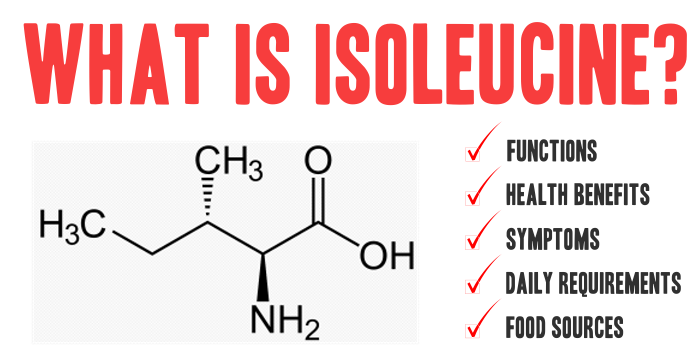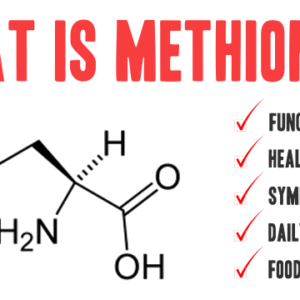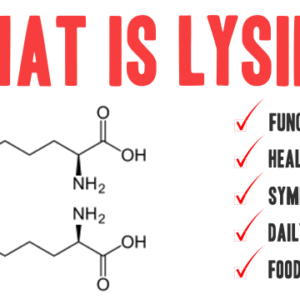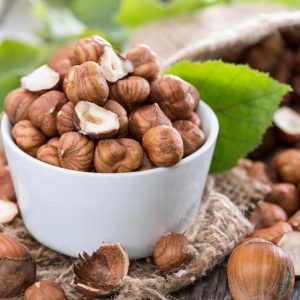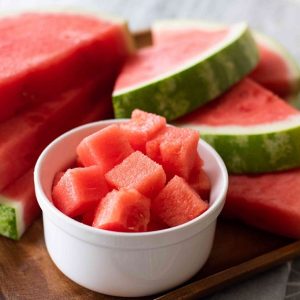What Is Isoleucine?
Isoleucine is one of the nine essential amino acids that the human body cannot synthesize and must be obtained through diet. It belongs to the group of branched-chain amino acids (BCAAs), along with leucine and valine, and plays a central role in muscle metabolism, energy production, immune regulation, and hemoglobin synthesis.
Unlike some amino acids that are primarily metabolized in the liver, isoleucine is mainly metabolized in skeletal muscle, making it particularly important for athletes, active individuals, and those recovering from illness or injury.
Biological Functions of Isoleucine
1. Muscle Metabolism and Recovery
Isoleucine is heavily involved in protein synthesis and energy provision during exercise, particularly under anaerobic conditions. It helps prevent muscle breakdown and promotes faster post-exercise recovery.
Research has shown that BCAA supplementation, including isoleucine, can reduce exercise-induced muscle damage and support muscle regeneration (Negro et al., 2008).
2. Energy Regulation
Isoleucine is a glucogenic and ketogenic amino acid, meaning it can be converted into glucose or ketone bodies to produce energy—especially important during fasting, prolonged exercise, or low-carb diets.
3. Immune Function
Isoleucine helps regulate immune responses by supporting the proliferation of immune cells, including T-cells and natural killer cells, particularly in times of physiological stress or infection (Calder, 2006).
4. Hemoglobin Production
Isoleucine contributes to the formation of hemoglobin, the protein in red blood cells that transports oxygen. It also assists in maintaining stable blood sugar levels and wound healing.
Health Benefits of Isoleucine
Enhances muscle repair and endurance
Stabilizes energy during workouts or fasting
Supports immune health during illness or stress
Helps regulate blood glucose levels
Promotes growth and recovery in children and older adults
Some studies suggest that isoleucine, especially in combination with leucine and valine, may support fat loss, improved glucose tolerance, and metabolic health, particularly in those with insulin resistance (Nishimura et al., 2010).
Symptoms of Isoleucine Deficiency
Deficiency in isoleucine is rare in healthy individuals who consume sufficient protein. However, it can occur in people with:
Malnutrition
Eating disorders
Liver disease
Chronic illness
Inborn errors of metabolism (e.g., MSUD – maple syrup urine disease)
Deficiency symptoms may include:
Muscle wasting or weakness
Fatigue and low stamina
Headaches or dizziness
Confusion or irritability
Weakened immune response
Hypoglycemia (low blood sugar)
In infants and children, isoleucine deficiency can impair growth and development.
Daily Requirements
According to the World Health Organization (WHO) and FAO/UNU, the estimated adult daily requirement of isoleucine is:
20 mg per kg of body weight
For a 70 kg adult, this equals 1,400 mg/day.
Athletes, pregnant women, and people recovering from injury or illness may require higher intakes.
Best Food Sources of Isoleucine
Isoleucine is found in many protein-rich foods, both animal- and plant-based.
Animal-Based Sources:
Chicken breast (3 oz): ~1,300 mg
Tuna (3 oz): ~1,200 mg
Eggs (2 large): ~800 mg
Cheese (1 oz): ~450 mg
Greek yogurt (1 cup): ~650 mg
Plant-Based Sources:
Soybeans (1 cup cooked): ~1,800 mg
Lentils (1 cup cooked): ~650 mg
Quinoa (1 cup cooked): ~500 mg
Pumpkin seeds (1 oz): ~400 mg
Tofu (½ cup): ~550 mg
Vegans and vegetarians can easily meet isoleucine needs by combining legumes, grains, and seeds across meals.
Supplementation and Safety
BCAA supplements typically include isoleucine in a ratio with leucine and valine (often 2:1:1). These are popular among:
Bodybuilders
Endurance athletes
Individuals with muscle-wasting conditions
Potential side effects of high doses (>10 grams/day of BCAAs) may include:
Nausea
Headaches
Reduced serotonin production (if used excessively)
Always consult a healthcare provider before beginning isoleucine or BCAA supplementation, particularly if you have kidney disease, diabetes, or are on medication for blood sugar regulation.
Conclusion
Isoleucine is a critical amino acid for muscle recovery, immune strength, and metabolic health. As one of the three BCAAs, it serves athletes and active individuals by fueling muscles and reducing fatigue, while also playing key roles in glucose balance and red blood cell function.
Getting enough isoleucine from a balanced diet rich in protein is usually sufficient, but supplementation may be helpful in certain health or performance contexts.
References
World Health Organization. (2007). Protein and amino acid requirements in human nutrition.
Calder, P. C. (2006). Branched-chain amino acids and immunity. The American Journal of Clinical Nutrition, 83(5), 1082S–1087S.
Nishimura, J., et al. (2010). Effects of BCAAs on glucose metabolism in rats. Endocrine Journal, 57(1), 91–99.
Negro, M., et al. (2008). Branched-chain amino acid supplementation reduces muscle soreness and damage. Journal of Sports Medicine and Physical Fitness, 48(3), 347–351.
Isoleucine Plays an Important Role for Maintaining Immune Function: https://pubmed.ncbi.nlm.nih.gov/30843485/

